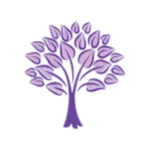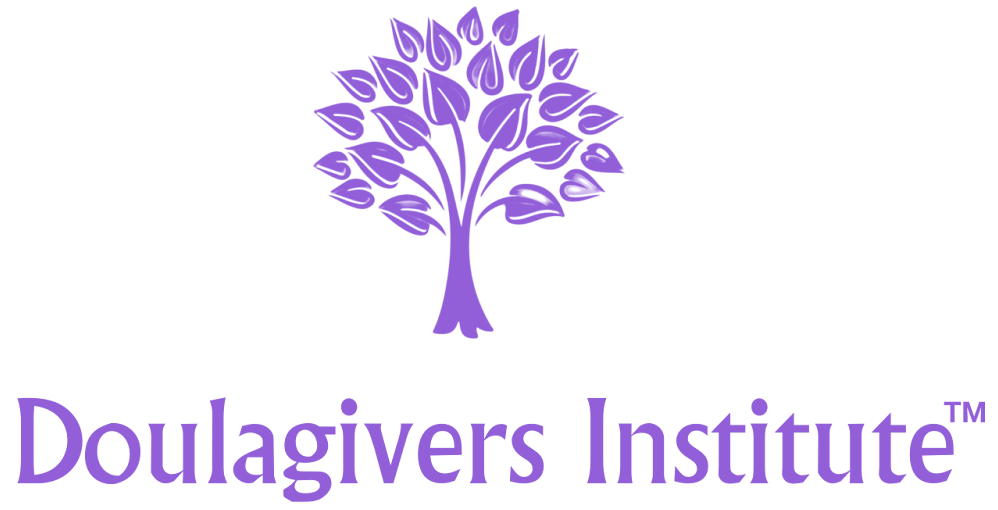
Embracing the Good Death: Filling the Gaps in End-of-Life Care
Feb 18, 2025
Embracing the Good Death: Filling the Gaps in End-of-Life Care
When it comes to end-of-life care, many of us feel unprepared and unsure of how to navigate such a deeply emotional and practical experience. Yet, supporting someone at the end of their life is an act of profound love and connection. Whether it’s a family member or a close friend, knowing how to show up in these moments is transformative—not just for them, but for us as well.
1. Understanding What Hospice Does (and Doesn’t) Do
Hospice care is a beautiful model designed to provide comfort and support for those in the final stages of life. But there’s often a misunderstanding about what it offers. Hospice workers are incredible professionals, but the reality is that they spend, on average, only 30 minutes a day with patients. This leaves 98% of hands-on care to families who often have little to no training.
This gap can leave families overwhelmed and unsure of how to manage pain, provide emotional support, or handle the physical demands of caregiving. Knowing ahead of time that hospice care is consultative—guiding families rather than providing constant hands-on care—can help us prepare and plan more effectively.
2. The Hospice Gap: What’s Missing
The “hospice gap” stems from the limited time and resources hospice services can offer, a challenge rooted in Medicare reimbursement structures and the rise of for-profit hospice entities. Families are often left without the education and tools they need to confidently care for their loved ones.
This lack of preparation is why having additional layers of support is so crucial. Whether it’s community resources, end-of-life doulas, or educational tools like The Good Death book, empowering families with knowledge changes everything. These resources help caregivers feel prepared and confident, ensuring that end-of-life experiences are not just manageable, but meaningful.
3. How Families Can Prepare
The truth is, caregiving at the end of life isn’t just a physical task—it’s an emotional, spiritual, and mental one. Preparing yourself or your family for this journey makes all the difference. Here’s how you can start:
- Educate Yourself Early: Take time to learn about end-of-life care before it’s needed. Resources like family caregiver trainings and supportive communities can equip you with the tools to provide compassionate care. Click here to register for our free Doulagivers Level 1 End of Life Doula Training
- Ask the Right Questions: When choosing a hospice provider, ask about visit frequency, emergency support, and what specific services they provide. Clarity upfront can help you avoid surprises later.
- Plan Ahead for Loved Ones and Yourself: Consider what “quality of life” means for you or your loved one, and make those preferences known. Open conversations about these topics, while uncomfortable, spare families from confusion and conflict later. Click to download our free 9 Choice Advance Directive
4. The Power of Compassionate Presence
No one should face end-of-life care alone. Beyond logistics, what families need most is time, patience, and compassion from their support network. This includes not only professionals but also friends, neighbors, and communities coming together to ease the journey for everyone involved. Click here to download our Support System Scheduler.
As we reconnect with the sacredness of death, we also rediscover the beauty of life itself. Being present for someone at the end of their life—whether by holding their hand, sharing memories, or simply sitting in silence—is an honor that leaves an indelible mark on the hearts of everyone involved.
Conclusion:
The end of life is not a medical event—it’s a human one. By understanding hospice care, recognizing its limitations, and educating ourselves on how to fill the gaps, we can create experiences of dignity, love, and peace for our loved ones.
Whether through community support, personal preparation, or tools like The Good Death book, we have the power to transform these moments into something truly meaningful. Together, we can redefine what it means to have a “good death” and, in doing so, cherish the preciousness of life.
End-of-life care isn’t just about helping others transition—it’s about learning to live more fully, starting today.
Additional Resources:
The Good Death Book, now available for pre-order
To listen to the full Ask a Death Doula Podcast episode on Youtube, click here.
This 90-minute webinar training is the best way to learn the essential skills to care for someone who is dying based on the Doulagivers 3 Phases of End of Life Model of Care. Join the Movement, Learn the Skill, Change the World!
Need help with something else? Send us an email to [email protected]


